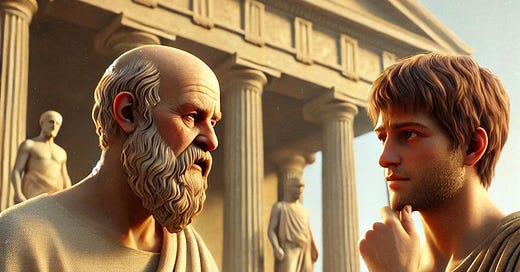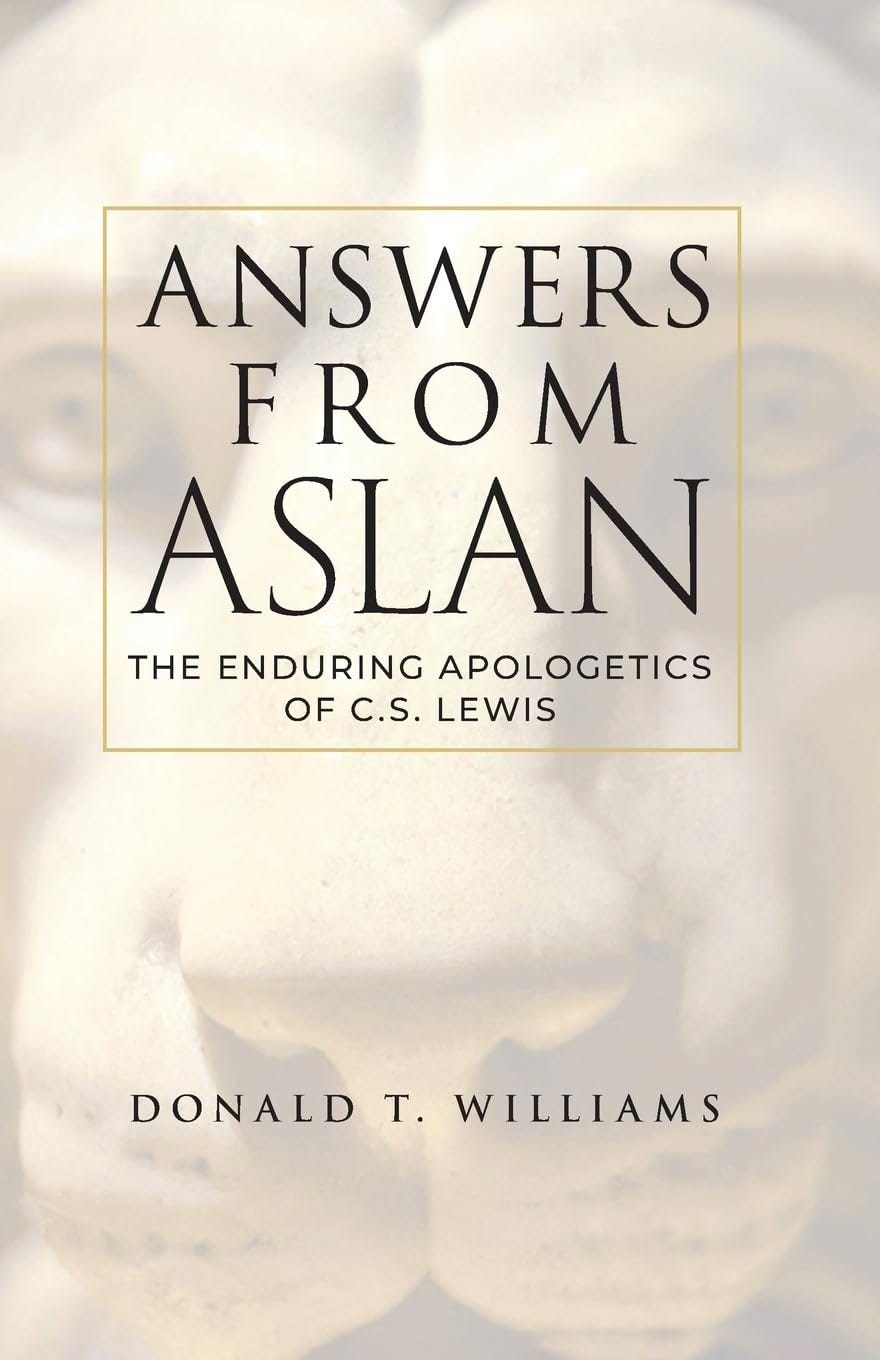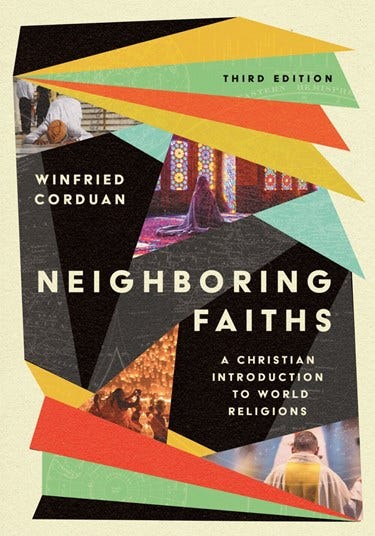Chris Reese has asked me to write a series on the moral argument, and I’m happy to oblige. In fact, since recently wrapping up a tetralogy on the subject with Jerry Walls, I was asked by another to consider sharing my reflections about the work that’s occupied me for the last fifteen years. Lessons learned, bumps along the way, insights gleaned, mistakes committed, and the like. So perhaps it’s just the right time to do so. I have decided to take the liberty to talk about it biographically. Hopefully in an illuminating way.
Just a few days after sending in the manuscript for the fourth and last book in the series a little over a week ago, I heard that Robert Adams had died, a great Christian philosopher whose work in theistic metaethics played a huge role in my own intellectual development. Just as I embarked on my dissertation, his long-awaited book—Finite and Infinite Goods—was published (in 1999). I remember long nights in a 24-hour restaurant in Michigan I spent poring over its fertile pages. I would later meet Adams in persons—once at the University of Michigan and, some years later, at a college in North Carolina. On both occasions he read a brilliant paper, and it was a joy and delight to chat with a master of his craft and such a formative influence. I suppose that hearing of his death softens me up all the more to reflecting on the moral argument and theistic ethics.
But let me back up and mention that it was first in college when I developed an interest in God and ethics. I attended the University of Michigan-Dearborn, where I majored in philosophy. At first my plan had been to study math and physics, but then I had discovered philosophy. At the urging of a Christian English professor and friend there, Elton Higgs—whom I still speak with every Saturday morning—I threw caution to the wind and decided to change my major, without a clue what I’d do with a philosophy degree. A PhD wasn’t remotely on my radar screen at the time. In my philosophy classes, two topics in particular most caught my attention like nothing else: the writing of William James and the Euthyphro Dilemma. I have never lost either interest; in graduate school I ended up writing a piece on William James that was published in the Journal of Religious Ethics that proved instrumental in getting a tenure-track teaching job right after graduation at King’s College in Wilkes-Barre, PA.
The Euthyphro Dilemma, though, was heavily on my mind after graduating college and going to seminary, where I wanted to study theology and biblical languages and church history. But, as it happens, my first class at Asbury Seminary—in July of 1989, thirty-five years ago now—was with a young Notre Dame philosopher named Jerry Walls, who happened to celebrate his sixty-ninth birthday yesterday (as I write this). He was thirty-four at the time, so I’ve known him half his life. I remember house-sitting for him once during seminary and perusing a picture album on his coffee table. I felt like I’d seen him grow up from a little boy. Little did I know at the time what a significant role he’d play in my life and work, nor that we’d end up as colleagues for five years in Texas.
In that first class I took with Jerry, I had to write a paper on God and ethics, and I was only too happy to do so. I remember wanting to articulate my conviction that God somehow functioned as the foundation of moral truth, but I ran up against my limitations in doing so. I remember, with some embarrassment, one line from that paper: “God is at least as much God as a circle is a circle.” What I was trying to get at, I think, is that God’s qualities are as essential to him as are the qualities of a circle to it; if a circle gets reconfigured into a square, it’s no longer a circle. God’s attributes are essential to his identity, and this means there’s a constancy to who he is. This in turn means that God—the possessor of the omni-qualities—unlike the capricious gods of Euthyphro’s pantheon, is perfectly and wholly good, never problematically arbitrary. But the best I could do at the time was to say that God is at least as much God as a circle is a circle. Jerry gave me an A- on that paper. Probably attributable to grade inflation. But the paper served to remind me of how much I liked to think about the Euthyphro Dilemma. I’ve never really stopped ever since.
The Euthyphro Dilemma traces back to an early Socratic dialogue. It features just two characters: Socrates and Euthyphro. They meet at court. Euthyphro is there to sue his own father for having neglected a slave, leading to his death. Socrates is there on charges like corrupting the youth and not believing in the traditional gods. Socrates tells Euthyphro, a religious chap, that he (Euthyphro) must have a firm grasp on the nature of piety and holiness to have the temerity to sue his own father. Euthyphro assures Socrates that he in fact does, so Socrates, in typical fashion, begins to inquire to Euthyphro to explain them to him.
At first Euthyphro gives an example of piety, namely, what he himself is doing: bringing a wrongdoer to justice. Socrates, though, says he doesn’t just want an example (a definition by “ostension,” we might say), but rather he wants to know what the essential nature of piety or holiness is. Euthyphro attempts to oblige by connecting the essence of piety with what the gods love, and the impious with what they hate. Socrates, however, gets Euthyphro to admit that, according to the various religious legends that Euthyphro claims to believe, the gods sometimes disagree. And moreover, Socrates elicits from Euthyphro the admission that if such disagreements obtain, they are likely to pertain to vexed matters like morality.
So Euthyphro tries his hand at providing a third account of the essential nature of piety or holiness: the pious or holy is what all the gods love, and the impious or unholy is what all the gods hate. At this point Socrates asks a question that has come to be famous indeed: Do the gods love the pious because it’s pious, or is something pious because the gods love it? This is the Euthyphro Dilemma, which would later serve as the topic of my dissertation in graduate school (a later iteration of which would be the first book in our tetralogy), and the first step I took in becoming a moral apologist. That’s where I’ll pick up next time.
— David Baggett is Professor of Philosophy and Director of the Center for the Foundations of Ethics at Houston Christian University. He is the author or editor of about fifteen books, most recently Ted Lasso and Philosophy: No Question Is Into Touch edited with Marybeth Baggett.
[In partnership with our sponsors]
Answers from Aslan: The Enduring Apologetics of C.S. Lewis
It has been eighty years since C.S. Lewis wrote his major apologetics works. They came out during World War II. The world has changed radically since then. His arguments are still valid, but that validity might not be as obvious as it used to be.
It is not enough then for us just to parrot Lewis. We need to understand him so we can emulate him. We need to know his arguments and their strengths and weaknesses. We need to know how they can be nuanced to be more effective with today's audience. We need to learn from Lewis's methods and approach. And we need to understand his proper role as a role model: Lewis's job is to teach us how to do our own apologetic in our own voice for our own generation. The purpose of this book is to help us do just that.
“Donald Williams makes a unique, helpful, and skillful contribution to the literature on Lewis in particular and apologetics in general. I plan to use Answers from Aslan as a textbook the next time I teach The Apologetics of C.S. Lewis, and I heartily endorse it for anyone interested in this subject.”
— Douglas Groothuis, University Research Professor of Apologetics and Christian Worldview at Cornerstone University and author of Beyond the Wager: The Christian Brilliance of Blaise Pascal and Christian Apologetics, 2nd ed.
See our recent excerpt from Answers from Aslan here.
Find Answers from Aslan at Amazon.
"...LIKE GOD?": Post Modern Infatuation With New Age and Neo-Spiritism
“In this thorough and well-researched work, David Sonnesyn brings a lawyer’s mind to the task of exposing and challenging the leading false worldviews of our day. He leaves no heresy unexposed and exposes all of them to the liberating truth of Christianity.”
— Douglas Groothuis, University Research Professor of Apologetics and Christian Worldview at Cornerstone University and author of twenty books including Beyond the Wager: The Christian Brilliance of Blaise Pascal and Christian Apologetics, 2nd ed.
Find . . . Like God? at Xulon Press, Amazon, and other major booksellers.
Neighboring Faiths
A Christian Introduction to World Religions (3rd ed.)
World religions are not merely abstract sets of doctrinal beliefs. They are embodied worldviews and practices lived out by real people around us. Encounters with these neighboring faiths often challenge our own beliefs and traditions, making us think more deeply about our faith commitments.
For all who want to understand the religious faiths of their neighbors, Winfried Corduan offers an introduction to the religions of the world. This classic text covers major as well as lesser known religions, including Judaism, Islam, Zoroastrianism, African traditional religions, Native American religion, Hinduism, Buddhism, Jainism, Sikhism, Baha'i, Chinese popular religion, and Shinto and Japanese religions.
Neighboring Faiths emphasizes not just formal religious teachings but also how each religion is practiced in daily life. Dozens of photographs, charts, and maps help illustrate how the faiths have developed and how they're lived out today. Corduan offers specific insights into what to expect from encounters with adherents of each religion and suggestions for how Christians can engage them in constructive dialogue. Each chapter offers lists of key points, ideas for term papers, and recommended resources to help students, instructors, and small groups go deeper.
Neighboring Faiths is an indispensable guide for Christians seeking an informed, empathetic perspective on different religions and the people who practice them.
“Neighboring Faiths is the best Christian introduction to the world’s religions available today. And given that the Western world is now a truly global society with all the religions present, it is imperative that Christians have a basic knowledge of the religions of the world. While Winfried Corduan is deeply committed to the unique truth of historic Christianity and evaluates the different religions from a Christian perspective, he nevertheless treats each religion with fairness, respect, and empathy. There is no better book to read and study on this critical topic than Corduan’s work. Every school, church, and personal library should have this book.”
— Kenneth Samples, senior scholar with Reasons to Believe
Find Neighboring Faiths at InterVarsity Press, Amazon, Barnes & Noble, Christianbook.com, and other booksellers.
Advertise in The Worldview Bulletin
Do you have a ministry, book, course, conference, or product you’d like to promote to 7,484 Worldview Bulletin readers? Click here to learn how. We’re currently booking for July-August.
The Worldview Bulletin thrives when readers subscribe. Sign up here to access all of our resources and support our work of commending and defending the Christian worldview. If you prefer to give a one-time donation, you can do so here at our secure giving site.
“I find The Worldview Bulletin very stimulating and would encourage all thinking Christians to read it.”
— John Lennox, emeritus professor of mathematics, University of Oxford, emeritus fellow in mathematics and philosophy of science, Green Templeton College, author of Cosmic Chemistry: Do God and Science Mix? (Lion)






I'm looking forward to reading all parts of David Baggett's series. The 'Moral Argument' kept me emotionally and intellectually engaged as an atheist as I searched for the truth about God's existence. I didn't believe in God, but realized my 'moral ethics' were borrowed from the Bible. Even the response of morality being a 'social construct' rang hollow as I was honest with my own atheistic worldview. You might say that the 'Moral Argument' was the big 'stone in the shoe' that continued to bother me until I 'believed' on the risen Son of God. Once I experienced God's forgiveness through Christ, the 'stone' was removed.